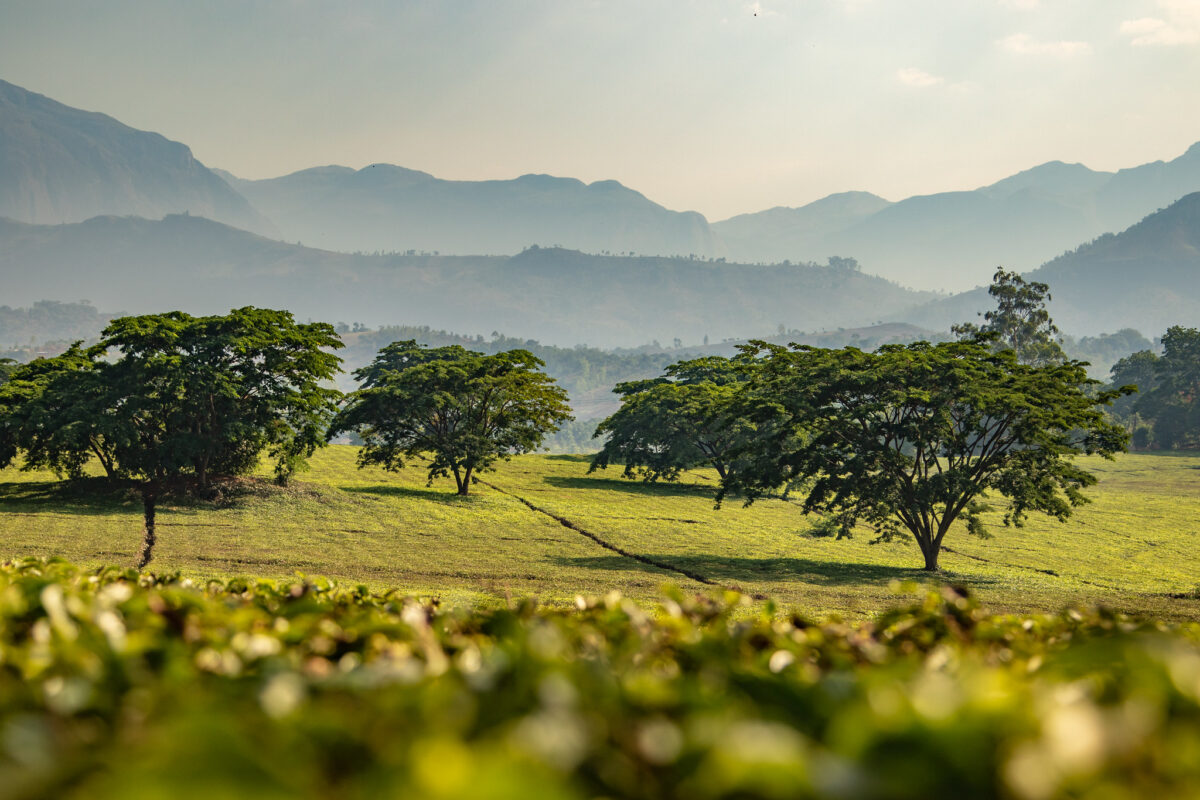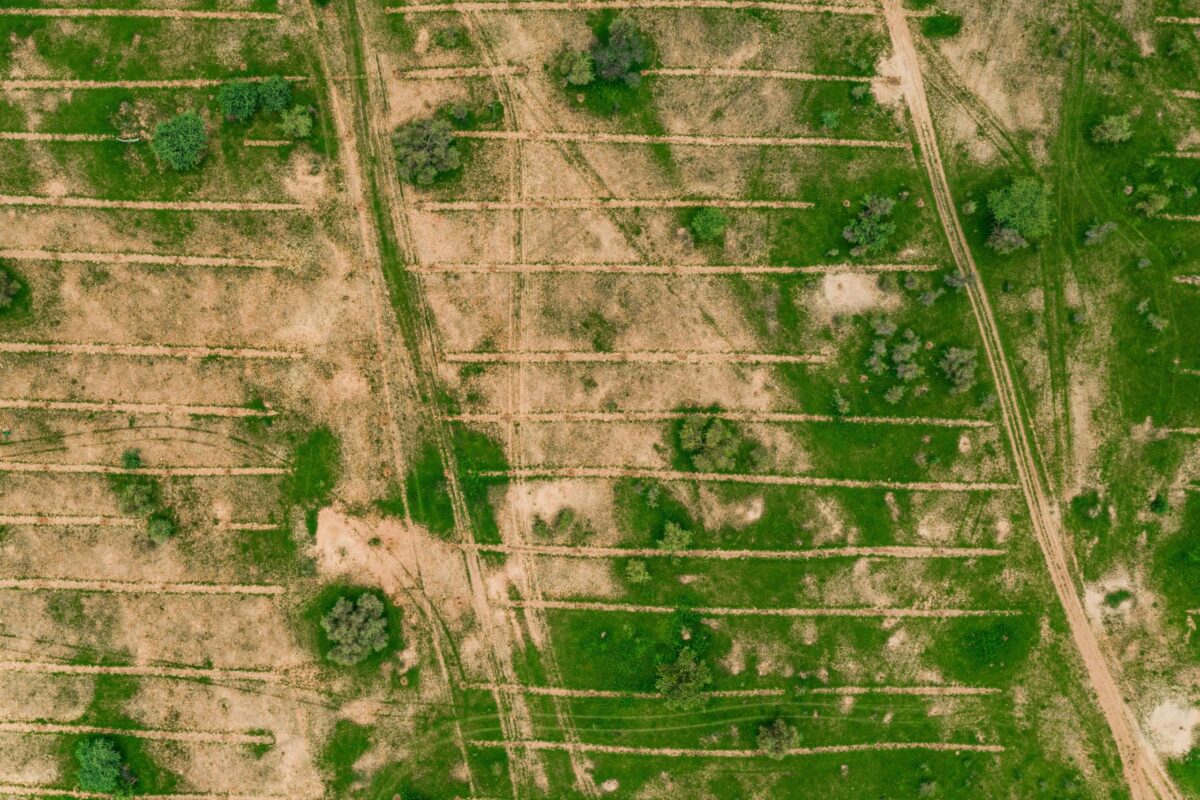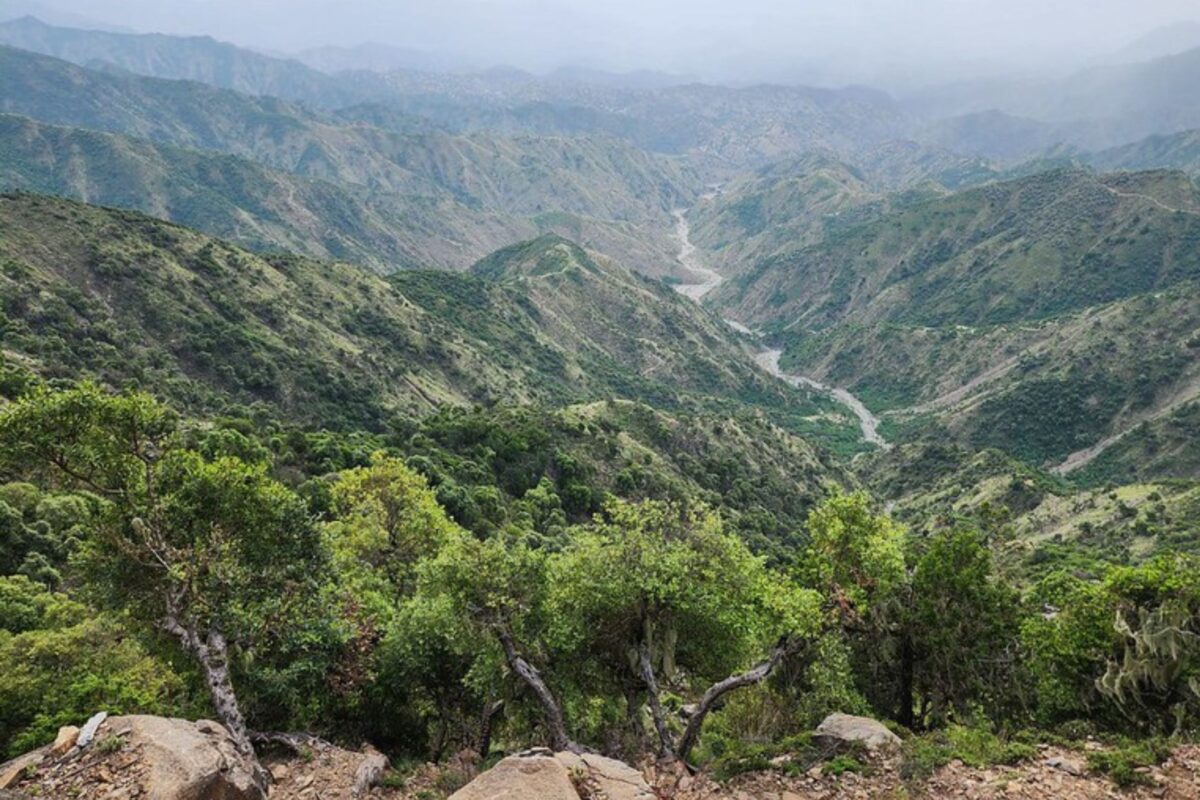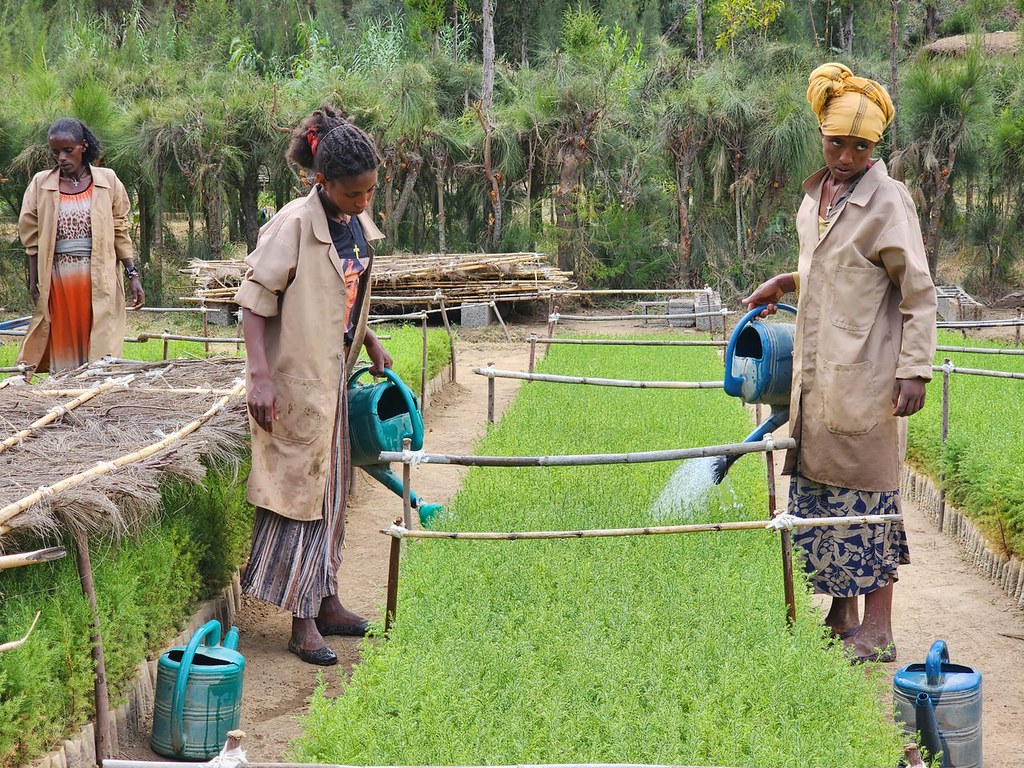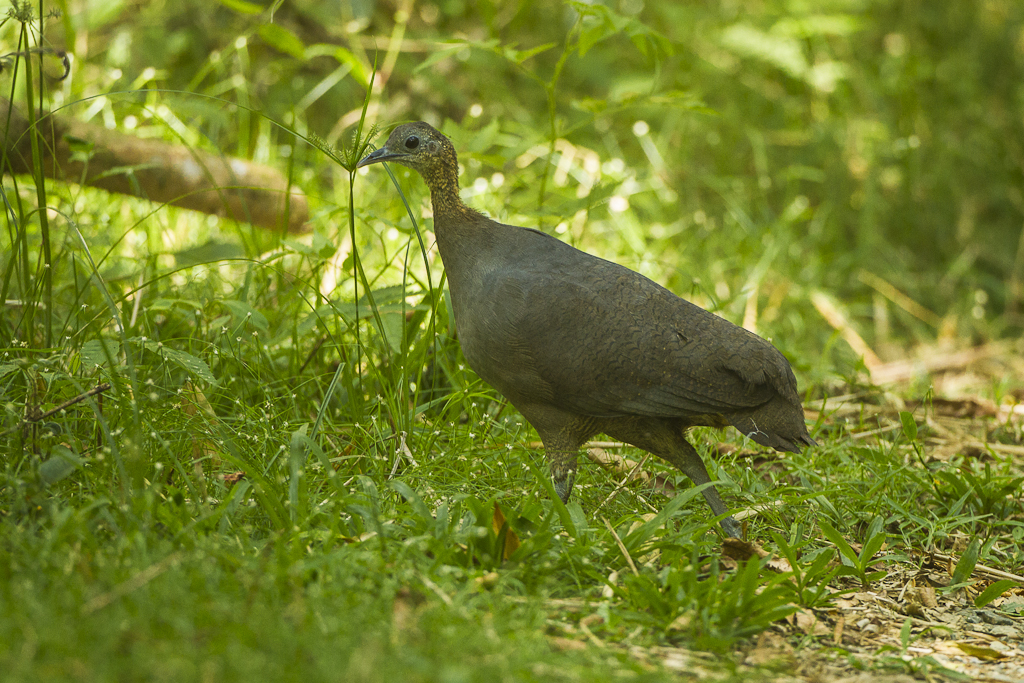People often ask us why WeForest only works in the tropics.
Forests are known for removing the excess of CO2 from the atmosphere and cool our climate: 50% of a tree is actually stored carbon. The type of land cover however matters when considering what scientists call ‘the albedo effect’: the darker the land cover, the more it will absorb solar radiation and therefore heat. The type of trees and the climate in which climate they grow also play a key role in regulating temperatures.
Snow cover is better than dark forest cover for climate. Snow has a high albedo and therefore cooling potential, as it reflects the sun heat, forests do not. Scientific research suggests that large-scale afforestation in temperate latitudes would have little to no net effect on global mean temperature, as the CO2 reduction from trees is outweighed by the change in surface albedo.
Trees make clouds. In the tropical regions where trees grow faster (increased CO2 storage), forest also contribute to increased evapotranspiration and cloud formation: these processes are being studied by climate scientists for their potential contribution in slowing down global warming.
Forest types matter. Recent observation-based approach (satellite data) suggests that reforestation to conifer forest at mid-to-high latitudes had the lowest cooling effect and reforestation to evergreen broadleaf forest in the tropics the highest. There is today a broad scientific consensus on the albedo effects of large scale afforestation/reforestation at different latitudes and still some uncertainty surrounding the response in terms of global temperature change linked to the effect of evapotranspiration, cloud formation and future CO2 uptake by forests. WeForest is a scientific organisation committed to Making Earth Cooler. We have not found a better technology than trees.


